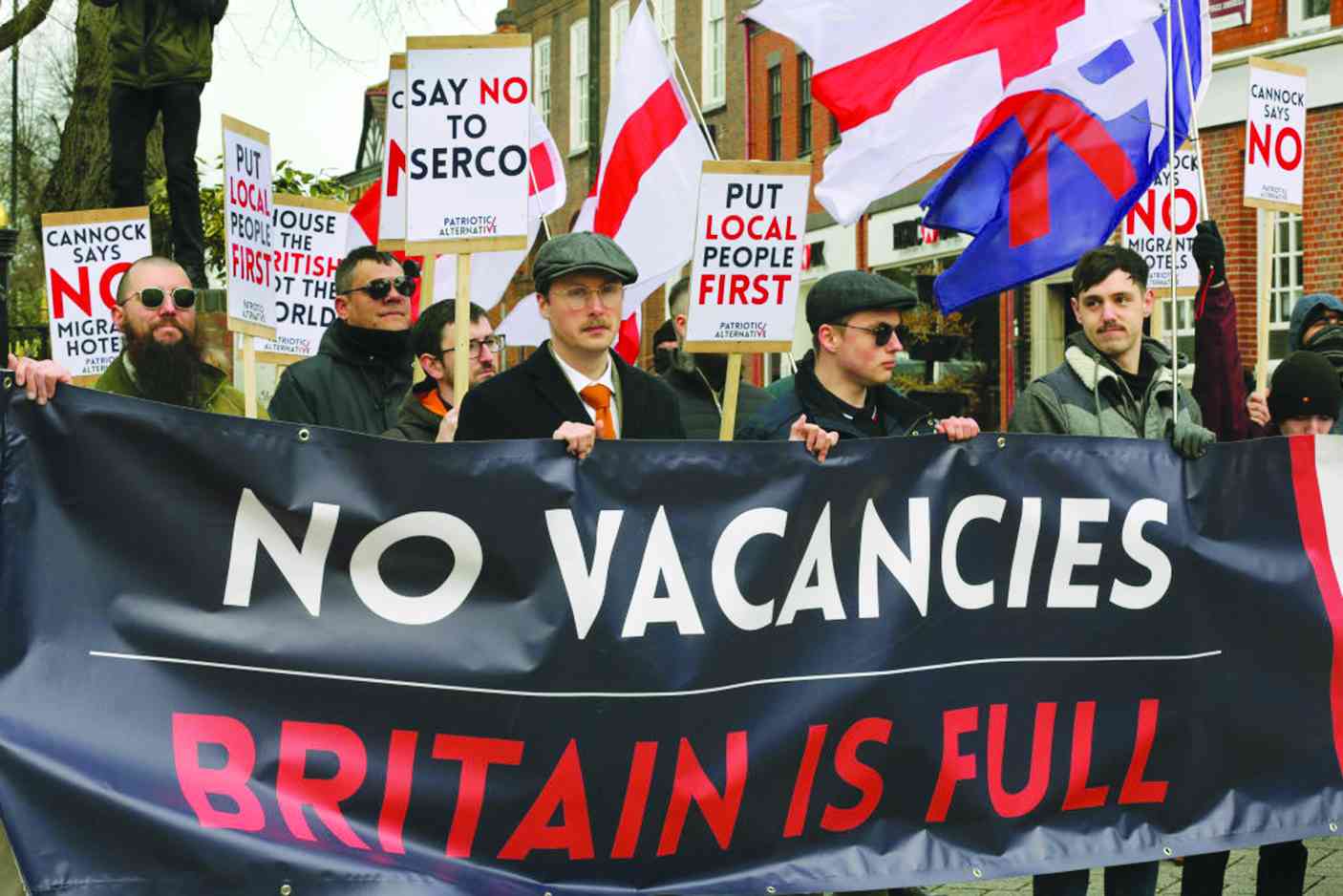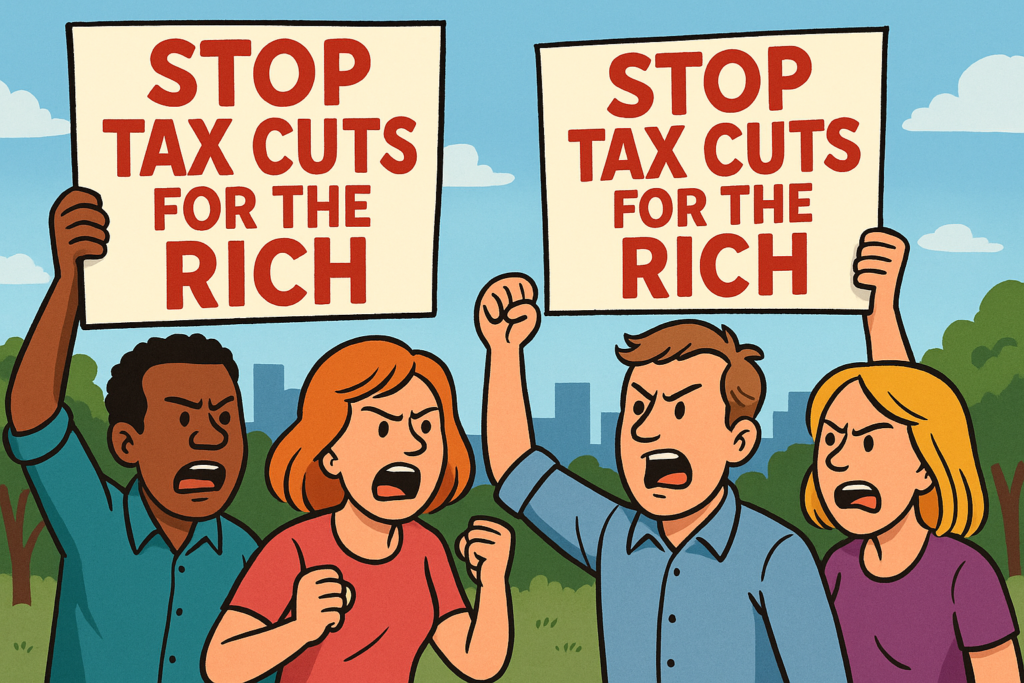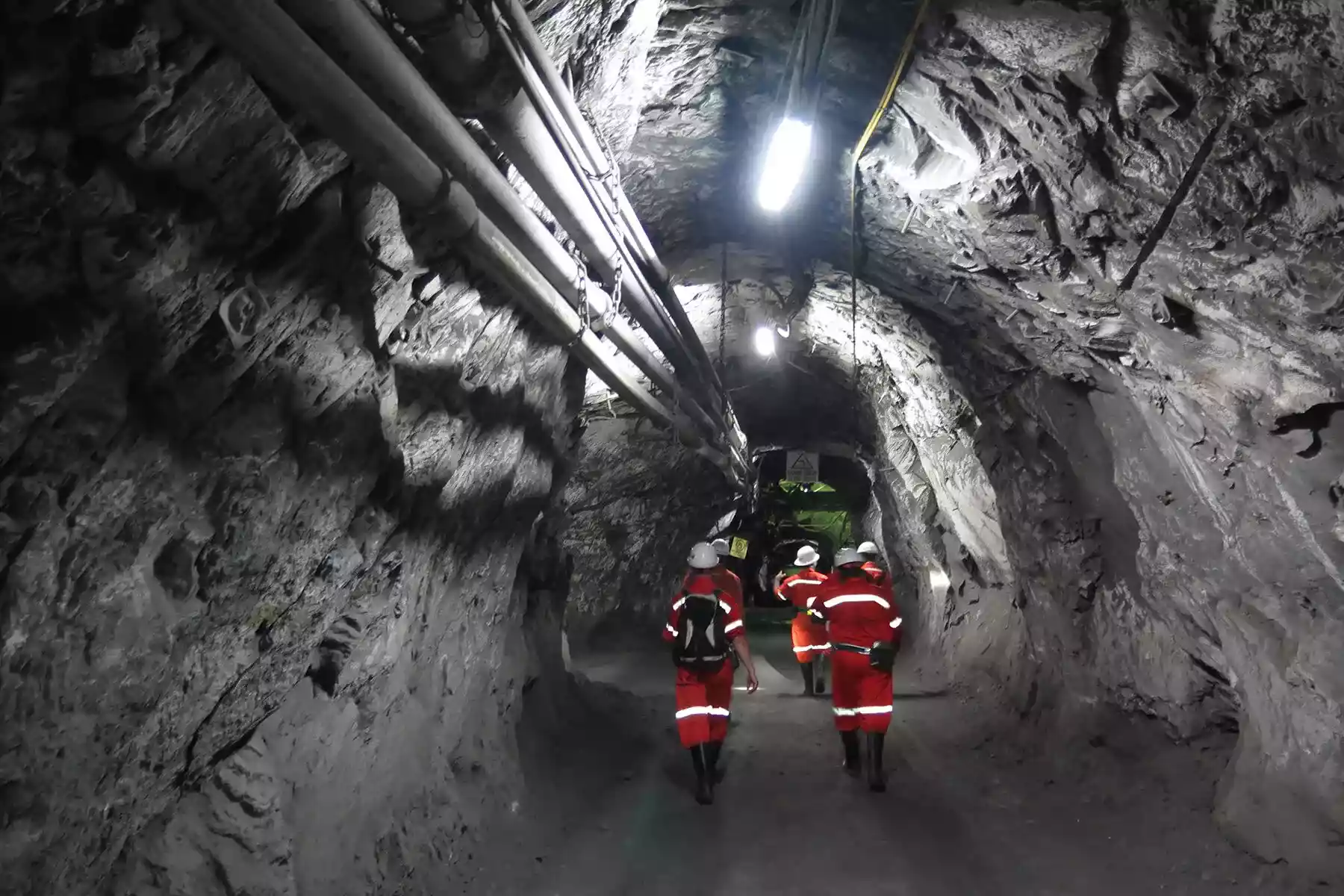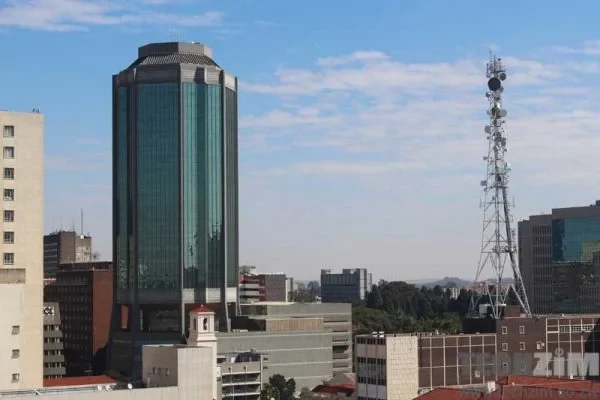
MIGRATION, as old as humanity itself, continues to challenge societies worldwide, despite its proven benefits. Numerous studies have demonstrated that migrants contribute positively to host countries by bringing in capital, skills, diversity and expanding markets and bilateral relations.
In Europe and some Asian nations, where populations are ageing, migrants have provided essential labour to sustain economies.
Despite these advantages, the rise of anti-migration rhetoric and far-right conspiracies has fostered violence and discord.
For Zimbabweans, navigating life as a migrant — whether as a worker, student, or someone seeking healthcare — can be an immense burden. Millions live precarious lives, facing the daily trauma of being bothered, blamed for social ills, and subjected to racism and xenophobia.
These challenges manifest differently across social classes: middle-class professionals may be overlooked for promotions due to their migrant status, while blue-collar workers endure long hours and underpayment, with no social safety nets designed to protect them.
Recent events in South Africa exemplify the pervasive hostility towards migrants. An online uproar surrounded a Miss South Africa contestant of Nigerian/Mozambican heritage, leading to a barrage of hateful speech and bullying.
When the Home Affairs department claimed that the contestant’s mother had stolen someone else’s identity, the contestant was forced to withdraw from the competition. Rather than quelling the hostility, this development emboldened the hate speech, as the government’s involvement seemed to legitimise the xenophobic rhetoric.
The situation further escalated when online spats between South Africans and Nigerians intensified, highlighting the deep-seated animosity.
- Zidane to be named PSG coach next season – report
- Erik ten Hag: Manchester United appoint Ajax boss as club’s new manager
- Byo Chiefs, Gem Boys share spoils
- Reunification facility gives migrants lifeline
Keep Reading
Meanwhile, in the United Kingdom (UK), anti-immigrant protests have turned violent, with some incidents involving the torching of hotels housing refugees and attacks on people of colour.
The rhetoric in the UK echoes the familiar accusations against migrants: they are blamed for taking jobs, introducing incompatible cultures and being the purveyors of crime and drugs.
Zimbabweans are among the significant migrant populations in both South Africa and the UK. South Africa saw a surge of Zimbabwean migrants following the economic collapse around 2007, while the UK has experienced an influx in recent years due to increased demand for care workers. Both countries have responded differently to these migrant communities, reflecting contrasting political climates.
In the UK, the Conservative government’s anti-migration stance, driven by the desire to close borders and capitalise on Brexit, has paradoxically resulted in an increase in visas for non-EU workers, primarily due to the ageing population and labour shortages. The UK could no longer rely on workers from the Eastern European countries, and with these being mostly blue-collar workers.
This dissonance between rhetoric and policy has likely contributed to the recent violent outbreaks. On the other hand, the Labour Party has attempted to protect migrant rights, with Keir Starmer promising to end the controversial Rwanda deal for deporting asylum seekers. This perceived pro-migrant stance has fueled far-right outrage, potentially leading to the violence witnessed in recent weeks.
The UK government has responded to the protests with a heavier hand than anticipated, arresting individuals for posting hateful and inciteful content on social media.
This crackdown has sparked debate, with some, like Elon Musk, decrying the perceived erosion of free speech. Despite criticism, the government's actions suggest a commitment to curbing hate-fuelled violence.
Although some people have argued that the media has underreported the carnage and framed the protests in a way that protects the perpetrators, one can argue that the arrests have been significant.
In conclusion, while migrants undeniably contribute to the economic and social fabric of host countries, they continue to face hate crimes, xenophobia and scapegoating for societal problems.
The current era of misinformation and disinformation, designed to provoke outrage, has made the lives of migrants even more precarious.
In both South Africa and the UK, even those migrants who have achieved high status or legal protection are not immune from the burden of being seen as outsiders in their host countries. The struggle for recognition, safety and equality remains a daily battle for migrants worldwide.
- Mapfumo is a research associate at the African Leadership Centre in Nairobi. — @spearmunya.











